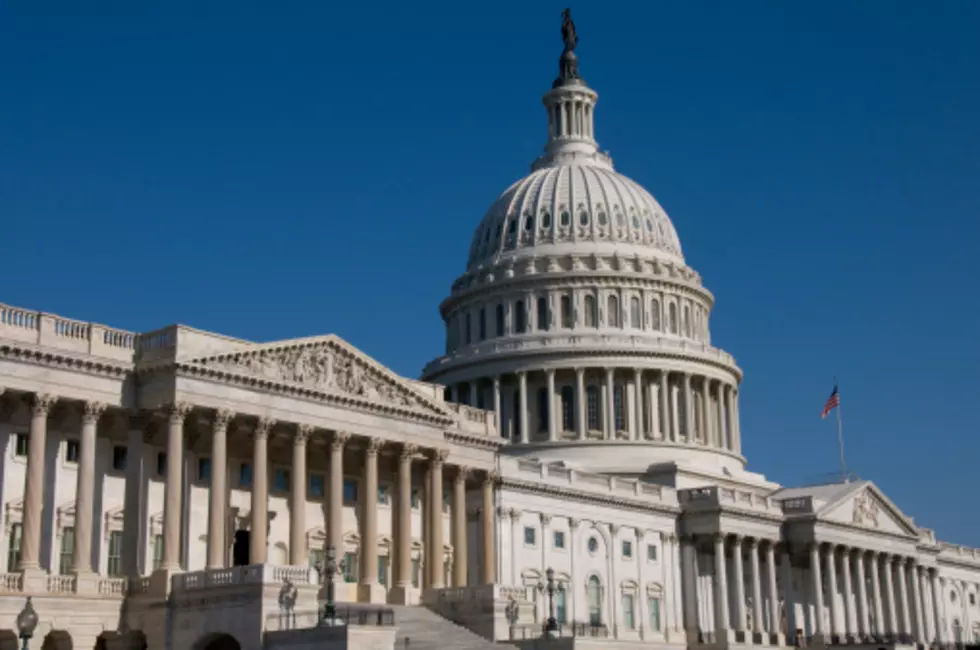
Maps Stress Balance in House Seats from New Jersey
When it comes to party registrations and recent presidential elections, New Jersey voters favor Democrats by a wide margin.
But the state's congressional delegation has six Republicans and five Democrats — and it would be even had one Democrat not resigned last month. Seeing more than one districts change hands this fall would register as a major upset.
That's all by design.
But unlike elsewhere, it's not because of the results of legislative elections before the last redistricting. In many other states, legislatures drew new districts after the 2010 Census, and a combination of gerrymandering and geography helped Republicans build an advantage in House seats.
New Jersey, by contrast, has a 13-member redistricting commission. Under the state constitution, six are appointed by Republicans and six by Democrats regardless of who controls the Legislature or governor's office. The 13th member, who chairs the group, must be agreed upon by both sides.
In New Jersey in 2012, the chairman, former state Attorney General John Farmer Jr., who was then dean of the Rutgers-Newark School of Law, tried to get the sides to come to a consensus. When they couldn't, he chose between their dueling maps. His pick was the Republicans' final proposal.
But both options were designed largely to maintain the status quo of relatively equal balance in the state's House delegation though they had different proposals about how to handle something that New Jersey has confronted in three straight decennial redistricting cycles: Losing a seat as the nation's population shifts south and west.
Since the 1984 election, neither party has had an advantage of more than two seats in the state's House delegation despite swings in legislative seats held by each party.
Peter Woolley, a politics professor at Fairleigh Dickinson University, calls the process "collusion." ''Like all collusion, it usually ends in a bad deal for the people," he said.
But Ben Dworkin, who teaches politics at Rider College, said it's fairer than most states' systems. "People are happy or unhappy with New Jersey's system depending on whether their ox was gored," he said.
Currently, the seats held by Democrats are in districts that are heavily Democratic, at least according to the results of the 2012 presidential election, when Republican Mitt Romney didn't put up much of a fight in New Jersey. In each of the Democratic districts, President Barack Obama received at least 61 percent of the vote. He also won in two Republican-held districts and his losses in the four others were relatively narrow.
In all of the Democratic districts, racial minorities and Hispanics make up at least one-third — and as much as nearly three-quarters — of the population. All six districts controlled by Republicans have higher concentrations of white residents than any of the Democratic districts.
One New Jersey representative, Democrat Rob Andrews, resigned his seat in February. Two others — Republican Jon Runyan and Democrat Rush Holt — are not seeking re-election.
In both Democrat-held districts, the primary winner is expected to be a heavy favorite in November.
It may be telling that the Democratic Congressional Campaign Committee has named Runyan's seat — which was held by a Democrat in 2009 and 2010 — as one of its top priorities in trying to get a majority in Congress. That's one of two Republican-held New Jersey congressional districts that Obama won in 2012.
(Copyright 2014 The Associated Press. All Rights Reserved)
More From New Jersey 101.5 FM





![Gov. Christie Not Playing Big Role in Redistricting [AUDIO]](http://townsquare.media/site/385/files/2011/12/christie61.jpg?w=980&q=75)


